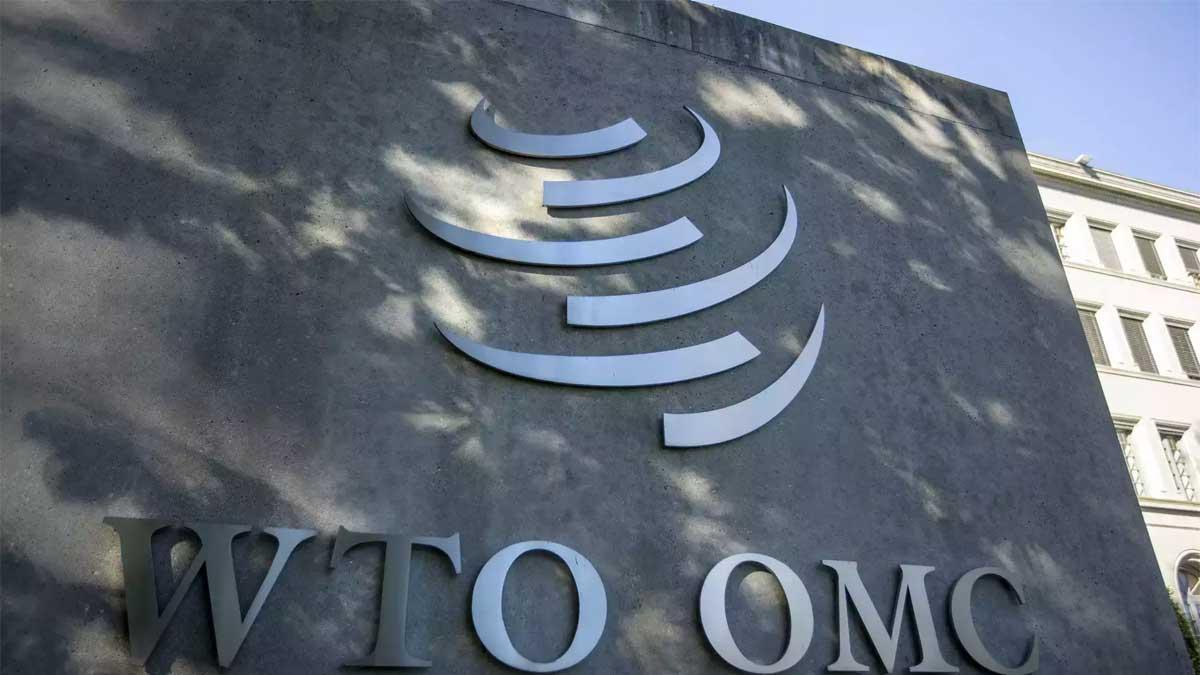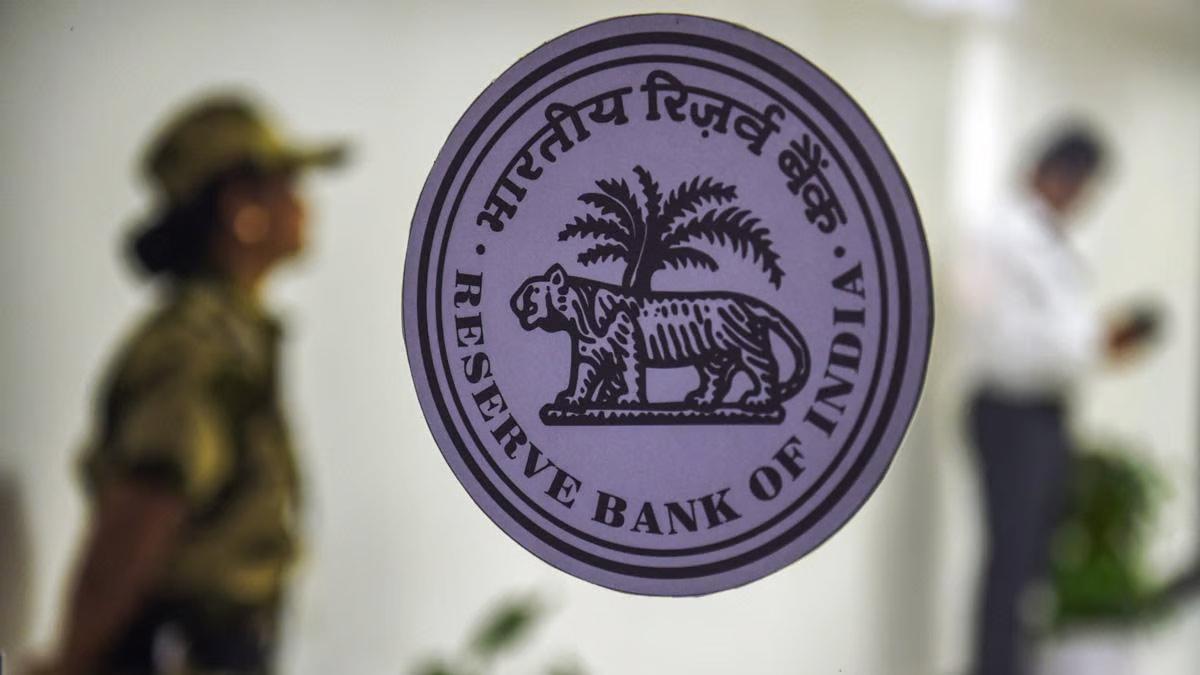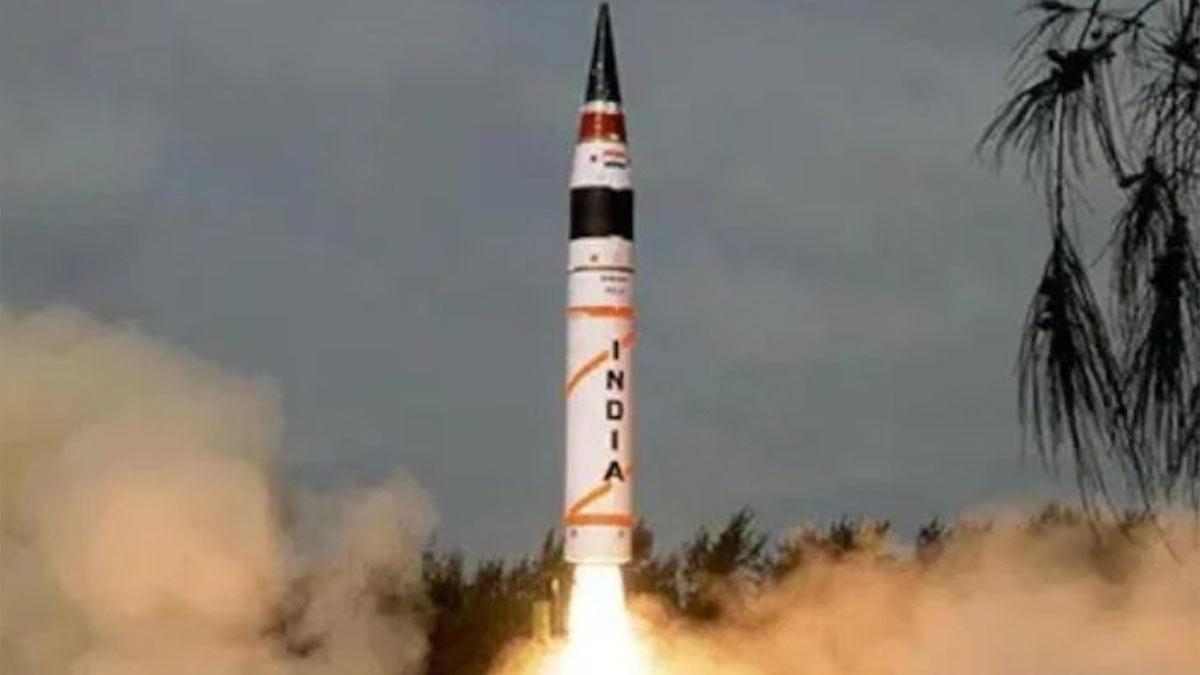The discussions held during the WTO's ministerial conference concluded without reaching decisions on pivotal matters, such as establishing a permanent solution for public food stockpiles and reducing fisheries subsidies. Nevertheless, member states agreed to extend the moratorium on imposing import duties on e-commerce trade for an additional two years.
The 13th ministerial conference (MC13) achieved several outcomes, including the introduction of new regulations on domestic services, the formal admission of Comoros and Timor-Leste as WTO members, and the continuation of Least Developed Countries (LDCs) receiving benefits even after three years of graduation.
Commerce and Industry Minister Piyush Goyal expressed satisfaction with the outcomes, emphasizing progress made in various discussions on contentious issues. Despite the extension of discussions, the WTO, comprising 166 members, failed to reach consensus on resolving the food security issue, prominently raised by India due to its significance for millions globally, and addressing subsidies contributing to overfishing and overcapacity.
Divergent views persisted among member states, with groups like the Cairns group advocating against export restrictions on public stockholding, while food-importing countries sought policy predictability. The US emphasized market access for agricultural commodities, while the EU pressed for subsidy reductions.
India advocated for a permanent solution to public stockholding issues and urged developed countries to cease subsidies for distant water fishing for 25 years. India, alongside South Africa, opposed proposals by China and the EU on investment facilitation and industrial policy, respectively, citing them as beyond the WTO's mandate.
The absence of a decision on public stockholding does not affect India's food grain procurement and distribution due to a perpetual peace clause since 2014. India also pushed for reviving the dispute settlement system's appeal process and a moratorium on distant water fishing subsidies, yet no agreement was reached.
Other outcomes included an agreement to extend concessions for LDCs for three years and a commitment to revitalizing the work on electronic commerce, considering the needs of developing and least-developed countries. India also successfully excluded non-trade issues such as the Investment Promotion for Development pact and gender-related trade linkage from the agenda, emphasizing the importance of women's economic empowerment in trade for sustainable development.
Read also | Paytm and PPBL Terminate Inter-Company Agreements Ahead of RBI Deadline


















